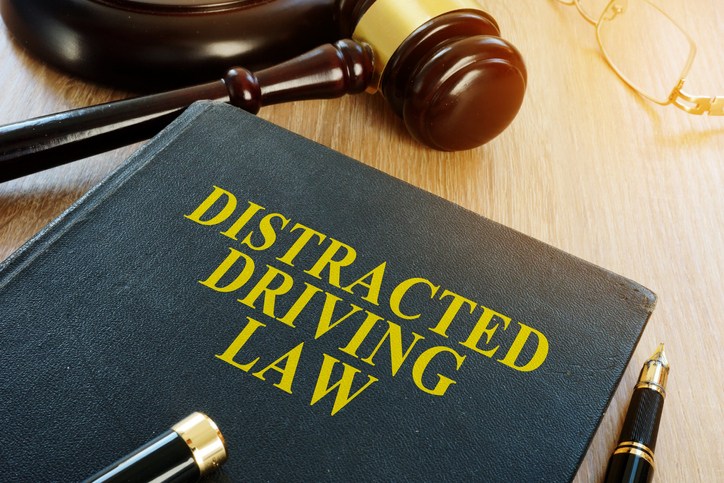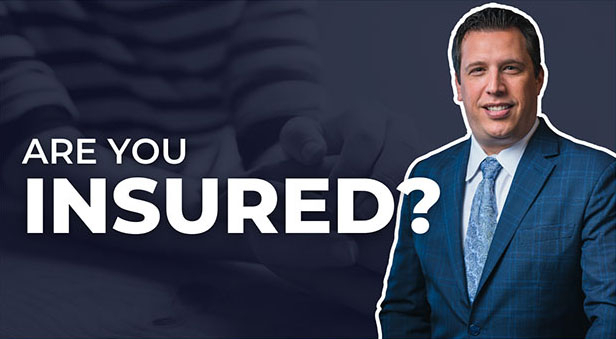
FLORIDA’S DRIVING AND TEXTING BAN
On May 17, 2019 Florida Governor Ron DeSantis signed a bill prohibiting drivers from texting while their car is in motion. If this sounds familiar, its because it comes on the heels of a prior anti-texting law which made texting and driving only a secondary offense. As a result of the new bill, texting while driving is a primary offense and you can be pulled over for texting a driving.
The new bill goes into effect on July 1, 2019. However, until January 1, 2020 only warnings will be issued. On or after January 1, 2020, you can be pulled over and cited for texting while driving.
WHY IS TEXTING AND DRIVING DANGEROUS?
Texting while operating a vehicle is a growing problem and the cause of many car crashes. According to the National Highway Traffic Safety Administration 3,166 people were killed in 2017 as a result of distracted drivers. This is 9% of all fatal car crashes.
FHTSA information also revealed the age of the drivers involved in fatal crashes and the percentage of that age group which was distracted at the time of the crash. Unsurprisingly, those between the ages of 20-29 were distracted 27% of the time in fatal car crashes. The next highest group was 30-39 with 19% distracted. These two age groups accounted for 46% of all distracted drivers involved in fatal car crashes.
People often understand that texting or being distracted while driving is wrong. Despite this however, many people still engage in this behavior. While the answer as to “Why?” remains unanswered, it may be because the driver believes that briefly checking their phone does not provide enough time to cause any danger. This is wrong. At 55 mph, if you take your eyes off of the road for 5 seconds you will have traveled the length of a football field. This is more than enough time and distance to miss seeing a pedestrian in the roadway or another vehicle.
Texting while driving places the driver in legal jeopardy. It allows the injured victim or survivors of a wrongful death victim to pursue punitive damages against the driver. Punitive damages are different than compensatory damages. In Florida, typically a person injured or killed in a car crash can only pursue compensatory damages – medical bills, lost wages, future damages, etc – damages that make the victim whole. These are all damages for which a driver’s insurance company will issue payment for and thus protect the driver from having to pay out of pocket. However, punitive damages are different than compensatory damages. Punitive damages seek to punish the behavior and deter others from doing the same. These damages are typically not covered by insurance companies and the victim may be personally responsible for payment these damages.
Texting and driving is dangerous and hurts everyone involved. The victims of distracted drivers must deal with the injuries sustained, the families who have lost loved ones must deal with the pain that comes from never seeing someone again, and the driver may be responsible for paying damages out of their own pocket.
WHAT ARE THE DIFFERENCES BETWEEN THE PRIOR TEXTING BAN AND CURRENT TEXTING BAN
PRIOR | CURRENT | |
Primary Offense | No | Yes |
Can Text While Moving | No | No |
Can Text While Stopped | Yes | Yes |
First Offense | Non-Moving Violation | Non-Moving Violation |
Second Offense | Noncriminal Traffic Infraction | Noncriminal Traffic Citation |
| Participate in Safety Program | No | Voluntary |
Conclusion
Distracted driving can result in serious crashes. The effects of those crashes can be devastating and may result in brain injury, broken bones, surgery, or even death.
No text is worth a life.
GET YOUR FREE INJURY CASE REVIEW TODAY
If you have been injured, contact Presser Law for a free case review with an attorney to determine your legal rights. For over 10 years I have represented injury victims throughout Central Florida in their times of need and I would be honored to help you as well.
Click For Free Case Review
______________________
For more information or to speak with a lawyer about your legal rights following an injury, call 407.216.2000, email me at [email protected].
Justin H. Presser is a car accident, personal injury and wrongful death attorney. Presser Law, P.A. is a Central Florida car accident and personal injury law firm located in Altamonte Springs. Proudly serving all injury victims throughout Central Florida including residents of Brevard County, Lake County, Orange County, Osceola County, Seminole County, and Volusia County.
Presser Law, P.A. is founded on the idea that injury victims deserve aggressive and straight forward representation to help them through some of their most difficult times. “Fighting for Justice. Fighting for You.” is more than a motto. It is our promise and reminder to our clients that we stand with them, fighting to ensure they receive the compensation they deserve.






